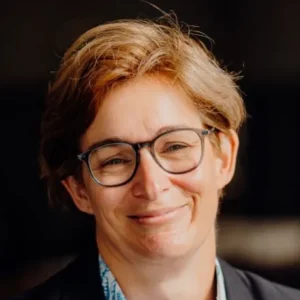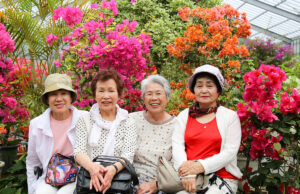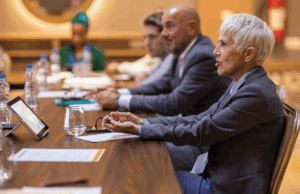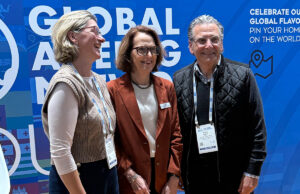Like many states, Minnesota’s aging services sector is facing a historic challenge: By 2030, more than one in four Minnesotans will be over age 65, and by 2050, the number of residents aged 85-plus will triple. Yet over 12,500 key caregiver positions remain unfilled, according to a 2025 Long-Term Care Imperative survey. This staffing crisis has forced some nursing homes and assisted living communities to close, especially in rural areas.
To help address this need, LeadingAge Minnesota and its provider members are developing a unique international partnership with Kenya to build sustainable pipelines for foreign-born workers. The goal: to strengthen the aged care workforce, enhance global skillsets, and improve care outcomes—both in Minnesota and abroad.
A Partnership Begins: Opening New Pathways in Kenya
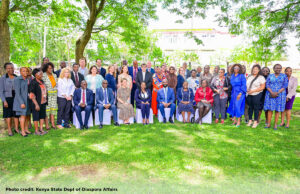 In January 2024, a delegation from LeadingAge Minnesota traveled to Nairobi to attend the opening of a new National Council Licensure Examination (NCLEX) training center. Before this Pearson VUE center opened, Kenyan nurses had to travel thousands of miles—to South Africa or even England or India—to take the mandatory exam required to work internationally.
In January 2024, a delegation from LeadingAge Minnesota traveled to Nairobi to attend the opening of a new National Council Licensure Examination (NCLEX) training center. Before this Pearson VUE center opened, Kenyan nurses had to travel thousands of miles—to South Africa or even England or India—to take the mandatory exam required to work internationally.
Minnesota State Representative Mohamud Noor, working with Kenya’s State Department of Diaspora Affairs and Pearson VUE, helped make this center a reality. During their visit, the delegation explored Kenya’s health care education system, toured medical and care communities, and met with employment agencies. Kenya, in turn, is eager to support global health care needs, with remittances from its diaspora—much of it from health care workers abroad—accounting for about three percent of the country’s gross domestic product (GDP).
Strengthening Connections & Fostering Mutual Support
Just months after their initial visit to Kenya, LeadingAge Minnesota and Ebenezer Ridges Campus hosted a delegation of Kenyan leaders in Minnesota, including the Honorable Principal Secretary of Kenya’s Diaspora Affairs, Roseline K. Njogu. This visit further deepened ties between Minnesota and Kenya, spotlighting both the growing partnership and the vital contributions of Kenyan professionals already serving in Minnesota’s workforce.
Since that first delegation, several Minnesota providers have made return trips to Nairobi, working with local partners such as Global Care Recruiters to begin the 18-to-24 month process of bringing nurses to the United States on EB-3 visas.
Importantly, this collaboration extends beyond recruitment. Minnesota providers are committed to giving back to the home communities of their future nursing staff—recognizing that truly sustainable partnerships are built on mutual benefit and long-term investment.
Organizations are exploring partnerships with Kenyan churches and mission-driven groups, contributing through donations of medical supplies and textbooks, sponsoring nursing student education, and even exploring opportunities to introduce nursing home care models abroad.
Supporting New Americans at Home
While international recruitment efforts are underway, LeadingAge Minnesota is equally focused on supporting the foreign-born workers already making vital contributions to the state’s aged care sector. Recognizing that visa processing can take several months or even years, providers are prioritizing efforts to build organizational capacity and create welcoming environments for both current and future team members.
Minnesota’s aged care workforce is among the state’s most diverse. According to a 2023 Lightcast report, nearly one in three nursing assistants and nearly 14% of all health care workers in Minnesota are immigrants. Notably, Minnesota has one of the largest per-capita Kenyan populations in the United States.
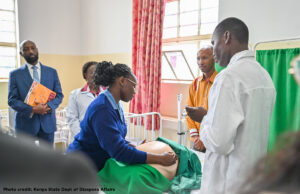 To advance these domestic workforce initiatives, the LeadingAge Minnesota Foundation is investing nearly $1 million in grant funding from the Minnesota Department of Human Services’ Grant, Equity, Access, and Research Division. This investment is designed to strengthen career pathways for new Americans, helping them build meaningful, long-term roles in care for older adults while supporting providers in cultivating inclusive, resilient teams.
To advance these domestic workforce initiatives, the LeadingAge Minnesota Foundation is investing nearly $1 million in grant funding from the Minnesota Department of Human Services’ Grant, Equity, Access, and Research Division. This investment is designed to strengthen career pathways for new Americans, helping them build meaningful, long-term roles in care for older adults while supporting providers in cultivating inclusive, resilient teams.
Through June 2026, LeadingAge Minnesota will develop additional tools and training for both New Americans and employers. The funding will support initiatives like translating its OnTrack nursing assistant curricula into multiple languages, providing real-time translation devices for staff, and connecting New Americans to supportive services. These resources aim to ease integration into Minnesota communities—even during long visa wait periods—by helping newcomers prepare before they arrive.
Providers will also gain access to collaborative learning opportunities that build capacity for recruiting, retaining, and supporting a diverse workforce—fostering more inclusive and welcoming care environments statewide.
Looking Ahead – Related Session at LeadingAge Annual Meeting & Global Ageing Network Summit in November
For Minnesota, partnerships like this one with Kenya offer a model for building global workforce pipelines that meet local needs while respecting and supporting the aspirations of international caregivers.
To learn more about this collaboration, attend the International Perspectives: Creating Pipelines for Foreign-Born Workers” session at the 2025 LeadingAge Annual Meeting and Global Ageing Network Summit in Boston this November. The session will take place on Sunday, November 2 at 2:45 p.m.
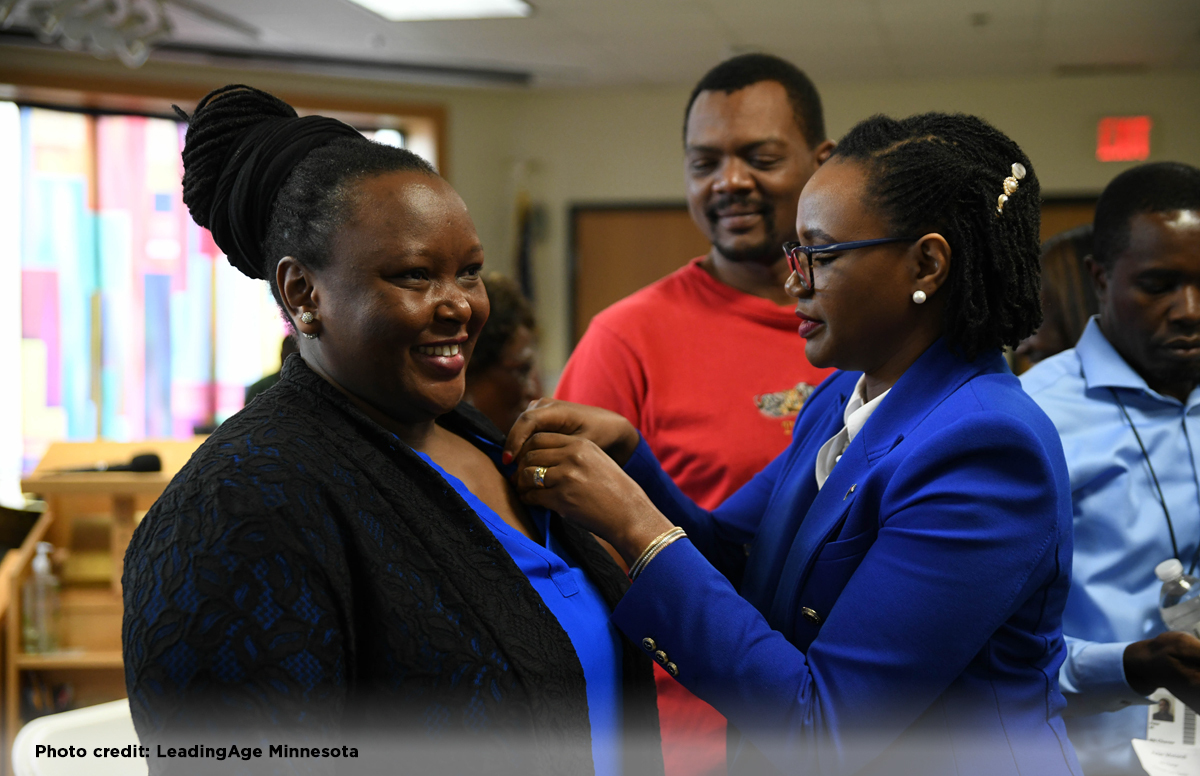

 In January 2024, a delegation from LeadingAge Minnesota traveled to Nairobi to attend the opening of a new National Council Licensure Examination (NCLEX) training center. Before this
In January 2024, a delegation from LeadingAge Minnesota traveled to Nairobi to attend the opening of a new National Council Licensure Examination (NCLEX) training center. Before this  To advance these domestic workforce initiatives, the
To advance these domestic workforce initiatives, the 